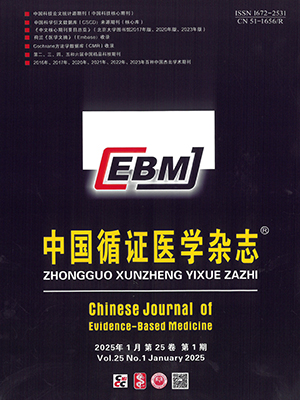Objective To investigate the reading habits of authors of articles published in the Chinese Journal of Evidence-Based Medicine (CJEBM) and to compare the findings with those from other surveys.
Methods A total of 512 questionnaires were sent to authors who had contributed to CJEBM over the past 7 years.
Results A total of 129 questionnaires were returned (response rate 31.6%). The replies showed that the main purpose of reading literature was to keep up with the latest developments in medicine (94% of replies). The main reading material was medical journals (86%). Most respondents (57%) spent more than 3 hours a week reading journals. The biggest problem identified by authors was the lack of full text papers, but the first choice was the electronic versions of the literature. More than half of the authors (57%) said that they spent less time reading than in the past.
Conclusion Effective reading of the medical literature is a basic requirement in the practice of evidence-based medicine. It is necessary and important for clinicians and healthcare providers to improve their reading skills and methods.
Citation: CHEN Yaolong,DU Liang,HE Danduan,ZHANG Qiongwen,WANG Mengshu,LI Youping. Reading Habits of Authors in the Chinese Journal of Evidence-Based Medicine: A Questionnaire Survey. Chinese Journal of Evidence-Based Medicine, 2008, 08(5): 312-314. doi: 10.7507/1672-2531.20080070 Copy
Copyright © the editorial department of Chinese Journal of Evidence-Based Medicine of West China Medical Publisher. All rights reserved




